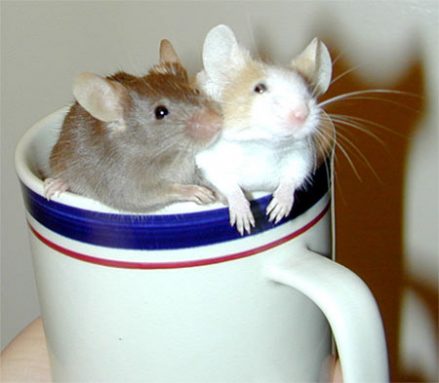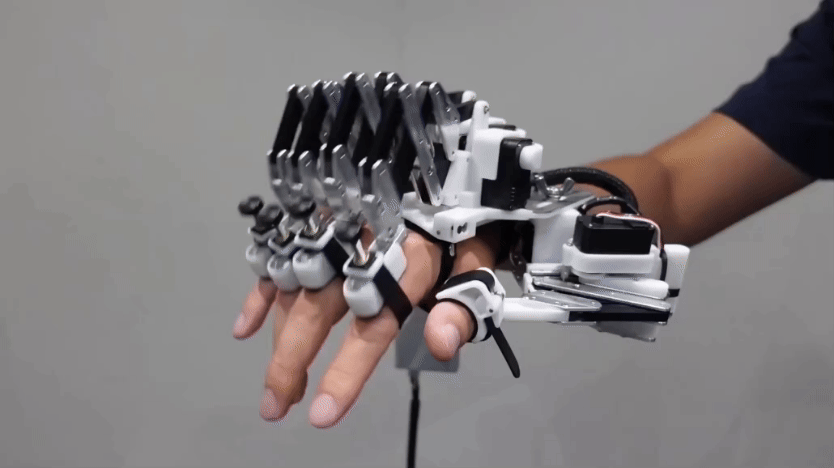Caffeine rewires brains of baby mice
Brain changes and memory problems plagued mouse pups whose moms had consumed caffeine during pregnancy

Caffeine during pregnancy is bad news — at least for mice. Scientists found the stimulant altered the brain cells of newborns whose moms had consumed the drug during and after pregnancy. Those pups later grew up to have memory problems.
The study clearly connects brain changes to caffeine exposure in baby mice, says Barry Kosofsky. This neuroscientist at Weill Cornell Medical College in New York City was not involved in the work. He adds, however, that the new findings may not relate to pregnant women because human and mouse brains develop quite differently. Indeed, when it comes to people, “We are totally at a loss about what to say for caffeine,” he told Science News.
In the new experiments, female mice drank water treated with caffeine during pregnancy and while nursing their young. The amount of caffeine was comparable to what a woman would get from three or four cups of coffee a day.
Carla Silva led the new study. The scientist works for the French National Institute of Health and Medical Research in Marseille and the University of Coimbra in Portugal. Her team examined a small but important part of the brain called the hippocampus in newborn mice. This seahorse-shaped region is a memory center in the brain. Its cells became overactive in newborn mice exposed to caffeine. This reaction could lead to seizures, the scientists reported.
As adults, the mice had fewer nerve cells in their hippocampus than mice with no exposure to caffeine. This change to the brain’s wiring may cause subtle harm, the researchers found when they later put the adult mice through memory tests. Mice usually prefer to explore a new object rather than spend time with a familiar one. But not the caffeine-exposed mice. In tests, they did not investigate new objects as much as did the mice not exposed to caffeine. The researchers conclude that the caffeine-exposed mice suffered some memory problems.
Still, more studies are needed to better understand how caffeine affects the brains of mice, or people, Silva told Science News.
Power Words
hippocampus A seahorse-shaped region of the brain. It is thought to be the center of emotion and memory.
neuroscience Science that deals with the structure or function of the brain and other parts of the nervous system.
caffeine A stimulant, which activates the nervous system and heart.
seizure A sudden surge of electrical activity within the brain. Seizures are often a symptom of epilepsy and may cause dramatic spasming of muscles.
stimulant A substance that causes temporary improvements in either mental or physical function or both. Caffeine is a mild stimulant that for a short while enhances alertness and helps fight drowsiness.







